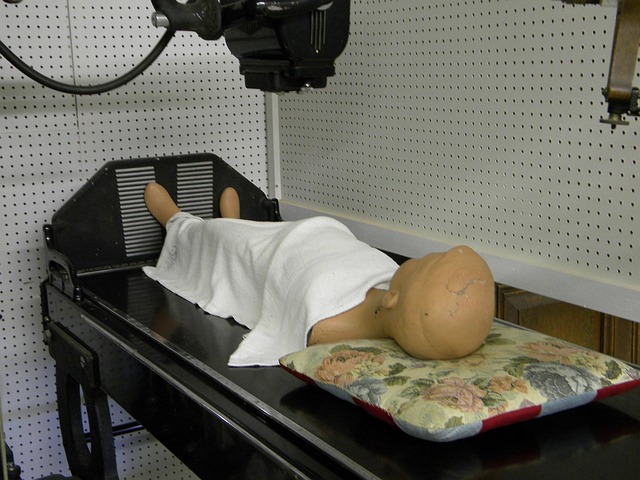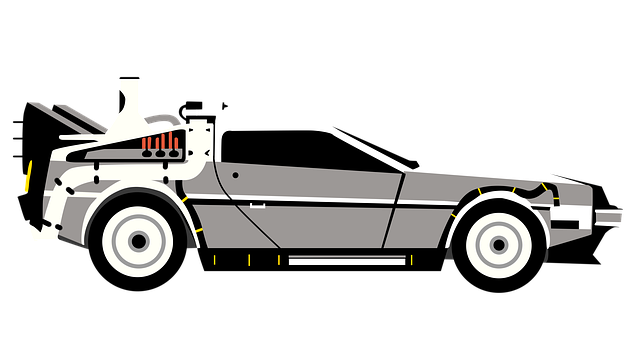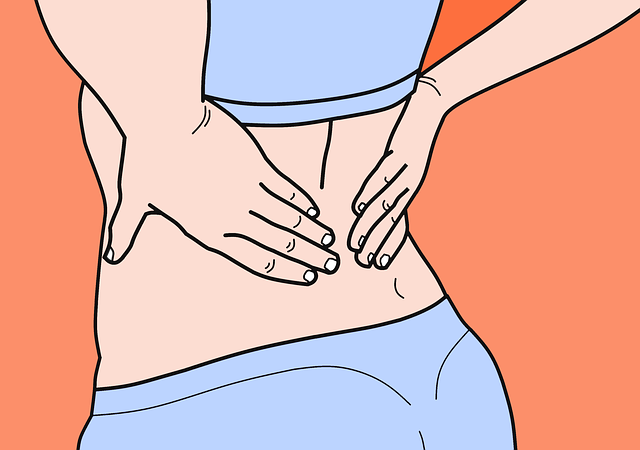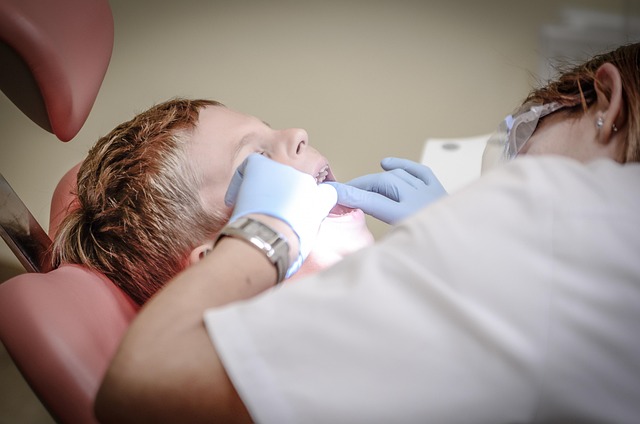Long-term chiropractic rehabilitation after car wrecks offers holistic healing by focusing on restoring spinal alignment, reducing inflammation, and managing chronic pain. This tailored approach combines manual adjustments, exercises, lifestyle changes, mental health support, and mindfulness to enhance quality of life, prevent future injuries, and promote emotional balance for a complete recovery.
In the aftermath of a car wreck, healing isn’t just about easing initial symptoms. Long-term chiropractic care plays a vital role in comprehensive rehabilitation, addressing not just physical injuries but also mental and emotional resilience. This article explores how ongoing chiropractic care, coupled with targeted rehabilitation techniques, provides a holistic approach to optimal recovery after a car crash, helping individuals reclaim their lives. We delve into understanding long-term care, effective rehab strategies, and the significance of mental-emotional support in the healing process.
- Understanding Long-Term Chiropractic Care
- Rehabilitation Techniques for Optimal Recovery
- Beyond Physical Healing: Mental and Emotional Support
Understanding Long-Term Chiropractic Care

Chiropractic care, often seen as a quick fix for acute injuries like those sustained in car wrecks, can offer significant benefits when approached as part of a long-term rehabilitation strategy. Beyond addressing initial symptoms, chiropractors focus on restoring and maintaining the body’s natural function and mobility. This holistic approach is particularly valuable for patients dealing with chronic pain or recovering from severe trauma.
Long-term chiropractic care involves regular adjustments, exercise recommendations, and lifestyle guidance. It aims to reduce inflammation, improve spinal alignment, and enhance overall well-being. For individuals who have experienced a car crash, this ongoing support can be instrumental in managing persistent pain, improving mobility, and preventing future injuries. Tailored to each patient’s unique needs, this comprehensive rehabilitation approach allows for a gradual return to daily activities and promotes sustained healing.
Rehabilitation Techniques for Optimal Recovery

Many individuals involved in car accidents often face a lengthy road to recovery, and long-term chiropractic rehabilitation plays a pivotal role in achieving optimal health post-injury. This comprehensive approach goes beyond addressing immediate symptoms, focusing on restoring structural integrity and promoting overall well-being. Chiropractors employ various techniques tailored to each patient’s unique needs, ensuring a holistic healing process.
The rehabilitation process involves manual adjustments, therapeutic exercises, and lifestyle modifications. Patients may engage in stretching and strengthening routines, learn ergonomic strategies for pain management, and receive guidance on improving posture and mobility. These methods are instrumental in mitigating the risk of future injuries and fostering sustainable recovery. Specifically, long-term chiropractic care after car wrecks can significantly enhance a patient’s quality of life, offering relief from chronic pain and improving their overall functionality.
Beyond Physical Healing: Mental and Emotional Support

Healing goes beyond addressing initial physical injuries. After a traumatic event like a car wreck, individuals often experience mental and emotional distress that requires equal attention. Many victims of car accidents may struggle with anxiety, depression, or post-traumatic stress disorder (PTSD). Long-term chiropractic rehabilitation programs can play a crucial role in these cases by offering comprehensive care that addresses both physical and psychological needs.
Chiropractic care focuses not just on adjusting the spine but also on promoting overall well-being. Therapists skilled in mental health support can help patients process their trauma, develop coping mechanisms, and build resilience. Techniques such as counseling, stress management training, and mindfulness practices can be integrated into rehabilitation routines, fostering a holistic approach to healing that acknowledges the deep connection between mind and body. This multifaceted care ensures individuals not only recover physically from car wrecks but also regain emotional balance and mental clarity for a fulfilling long-term recovery.
Chiropractic care extends far beyond initial adjustments, especially in cases like car wrecks where comprehensive healing is essential. Long-term rehabilitation techniques, combining physical therapy with mental and emotional support, offer a holistic approach to recovery. By focusing on these multifaceted strategies, individuals can not only overcome the immediate impacts of a crash but also achieve lasting well-being, enhancing their quality of life after such traumatic events. This integrated care ensures that the body and mind heal in harmony, fostering a stronger, more resilient self.














